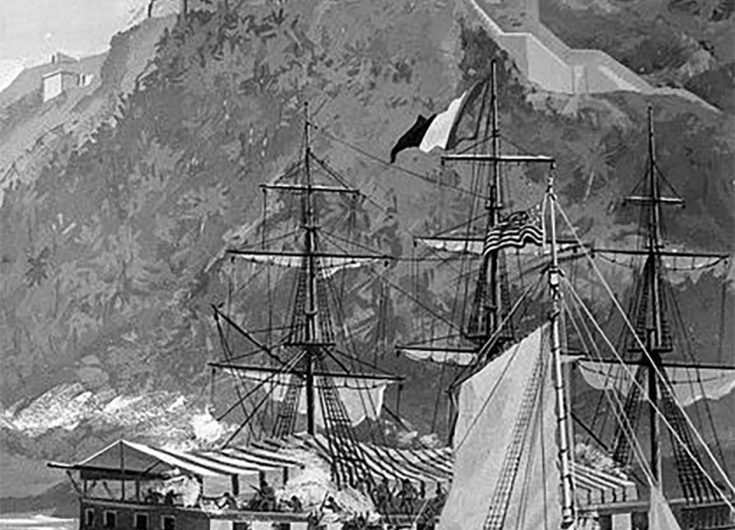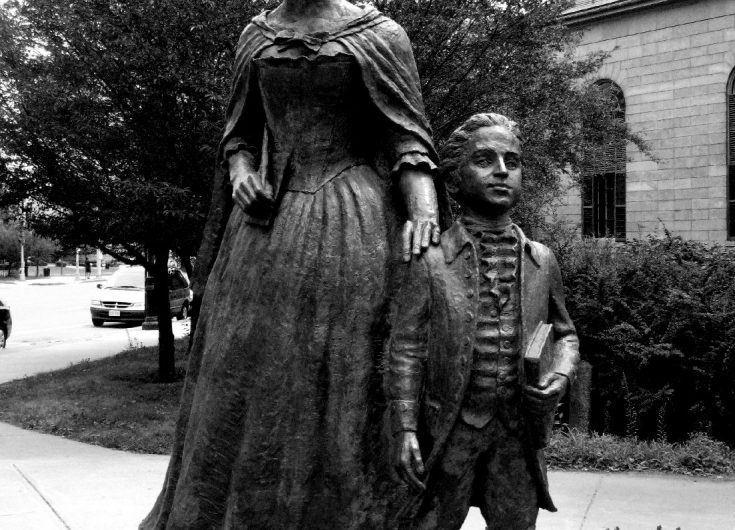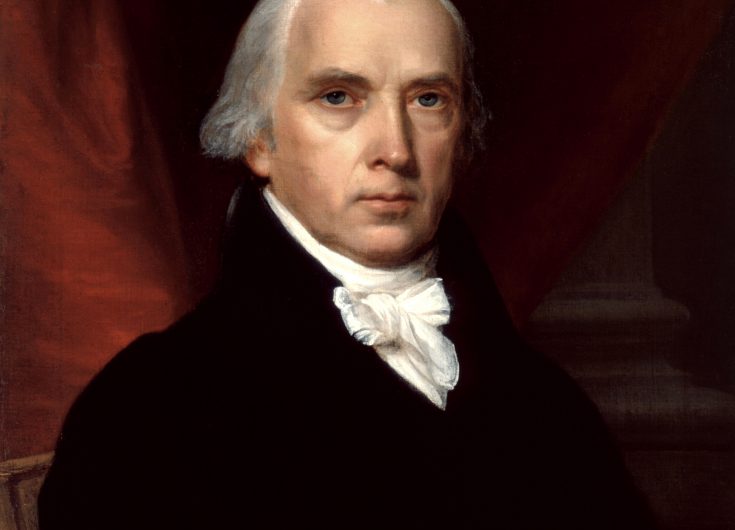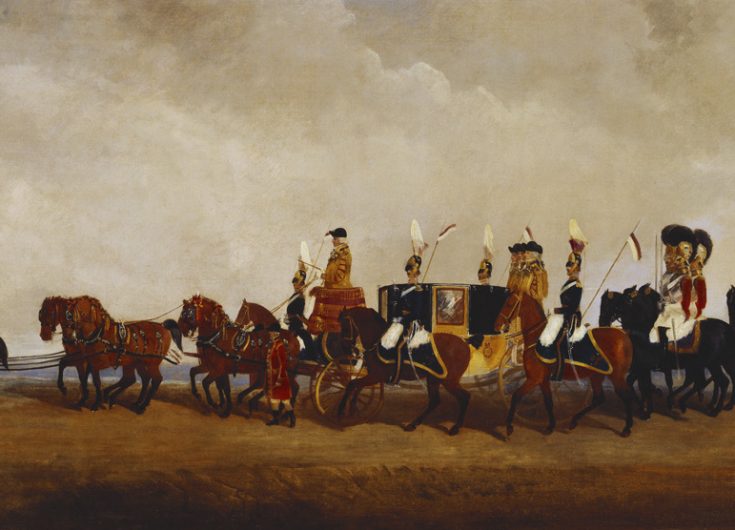September 21, 2010
While serving as Minister to England from 1817-1825, Rush kept a journal that became the basis for his diplomatic memoirs, Memoranda of a Residence at the Court of London (covering the years 1818-9; originally published in 1833); and the less comprehensive second volume, A Residence at the Court of London, Comprising Incidents, Official and Personal, from 1819 to 1825, published in 1845. A third edition, edited by his son, Benjamin, which included an account of his time as Minister to France during the Revolutions of 1848, was issued in 1872. In part to avoid diplomatic complications that might result from his unvarnished views, Rush edited the journals to smooth out the rough edges and added explanatory material to bring the narrative context up to date.
Rush and his son made it clear that one of the principal purposes in publishing these memoirs was to improve Anglo-American relations.






